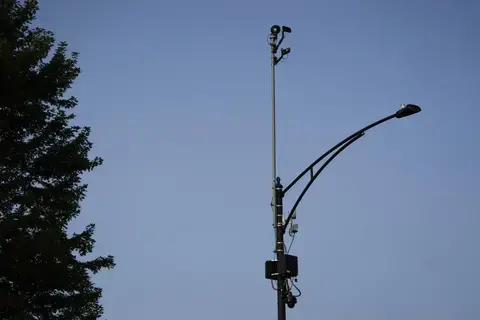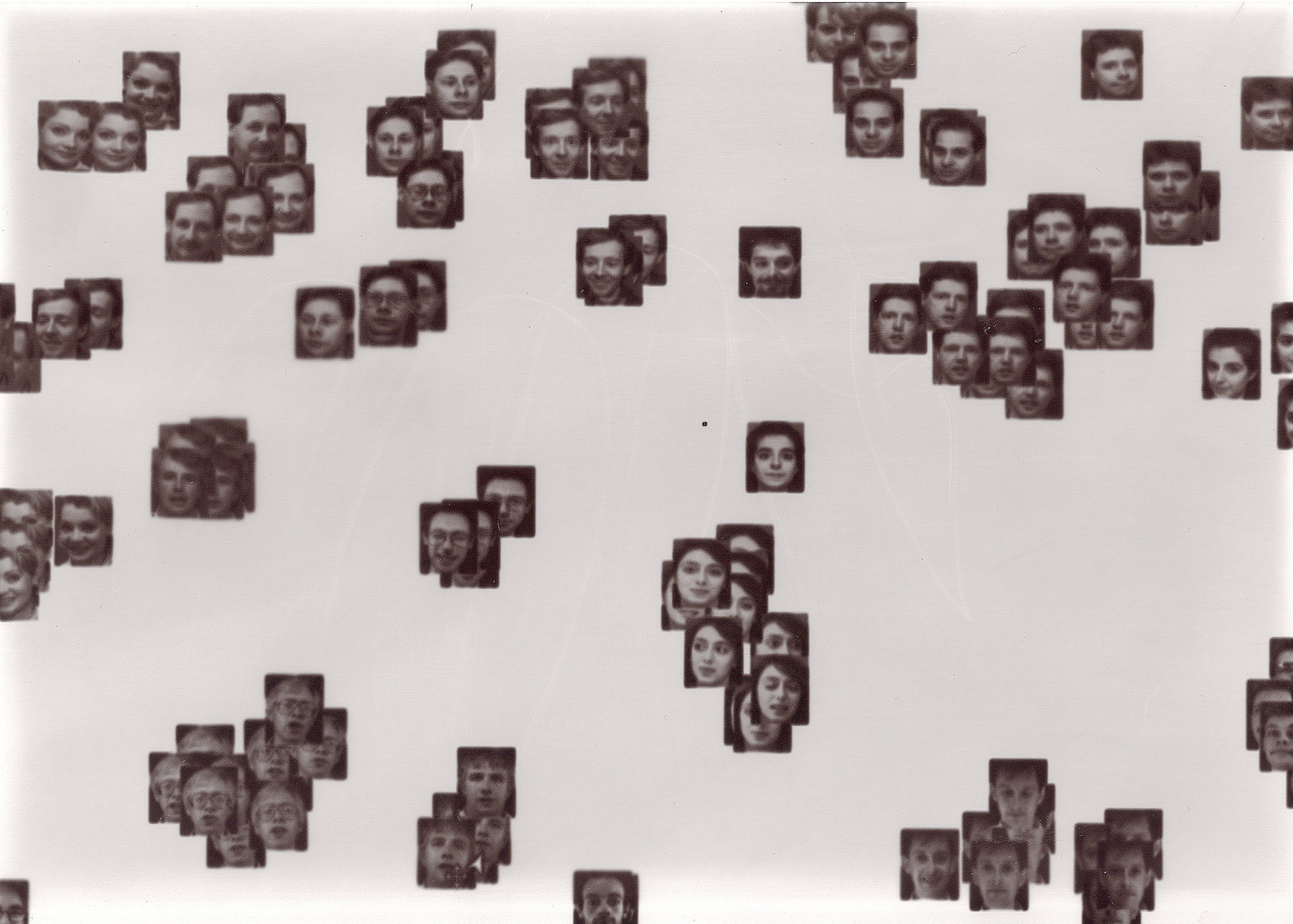
Michael Williams spent 11 months in Chicago’s Cook County Jail, accused of first-degree murder, largely on the basis of evidence from a high-tech surveillance tool that supposedly confirmed a gunshot fired from within his car at a specific location in south Chicago.
ShotSpotter, the system of acoustic sensors used in Chicago, had initially identified the supposed gunshot as a firecracker. It had pinpointed the location a mile away. The fine print of its contract with the Chicago Police Department said that its sensors could not accurately identify as gunfire sounds emanating from within a vehicle.
An exposé by grantees at the Associated Press reveals those flaws and more, including ShotSpotter’s use as forensic evidence in some 200 cases across the country thus far, despite the company’s insistence that the algorithms on which the system is based are proprietary and thus not subject to outside review or challenge. The Chicago story is part of Tracked, an ongoing AP series exploring the real-world impacts of society’s growing reliance on algorithms. Williams was released this summer after local prosecutors acknowledged there was insufficient evidence to pursue the case. More like grossly insufficient, it appears, and no amends for 11 months of lost freedom. His story is a wake-up call to us all—to pay more attention to these new technologies, and to insist on adequate oversight.

Impact
The first story of the ongoing Pulitzer Center-supported AP project Tracked, a multi-country investigation into the expansion of surveillance technology in policing, has already attracted the attention of Senator Ron Wyden of Oregon, who is moving to question Department of Justice funding for artificial intelligence-powered policing technology. After reading the story of Michael Williams, the senator said, “While there continues to be a national debate on policing in America, it’s become increasingly clear that algorithms and technologies used during investigations, like ShotSpotter, can further racial biases and increase the potential for sending innocent people to prison.”
This message first appeared in the August 24, 2021, edition of the Pulitzer Center weekly newsletter. Subscribe today.






